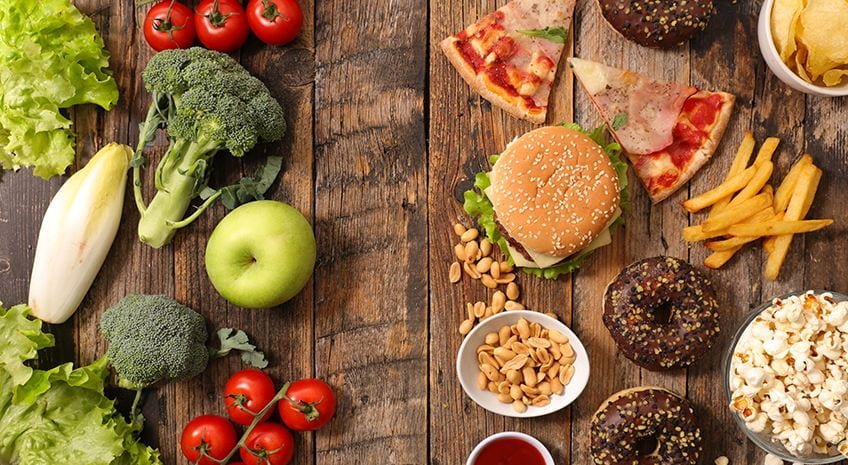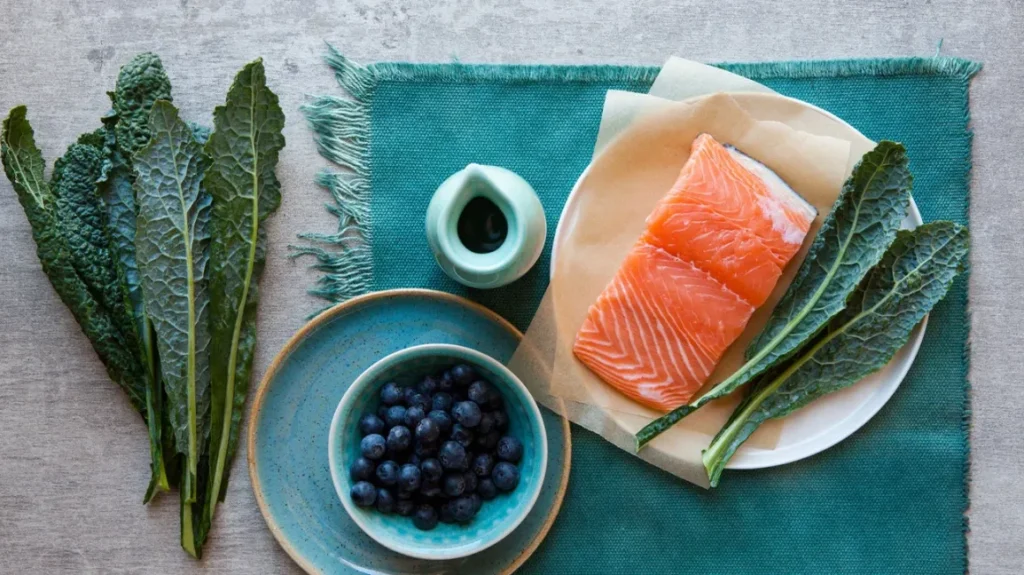The debate between organic vs. non-organic food has been ongoing for years. Many claim that organic food is healthier, free from pesticides, and better for the environment, while others argue that non-organic food is more affordable and just as nutritious.
But what’s the truth? Should you always go for organic products, or are non-organic alternatives just as good? In this article, we will break down the key differences, answer frequently asked questions, and help you make an informed choice.
What is Organic Food?
Organic food is grown and processed without synthetic pesticides, chemical fertilizers, genetically modified organisms (GMOs), or artificial preservatives. Organic farming focuses on natural growth methods, soil health, and sustainability.
Key Features of Organic Food:
✔ No synthetic pesticides or fertilizers
✔ No GMOs
✔ No artificial preservatives
✔ Ethically raised livestock (no antibiotics or hormones)
✔ Eco-friendly farming methods
What is Non-Organic Food?
Non-organic food, also known as conventional food, is grown using chemical fertilizers, pesticides, and sometimes genetically modified organisms (GMOs). These methods help increase food production, reduce crop damage, and make food more affordable.
Key Features of Non-Organic Food:
✔ Higher yield and lower cost
✔ Can be genetically modified for better resistance
✔ May contain artificial preservatives
✔ Uses chemical fertilizers and pesticides
✔ Easier to find and widely available
Nutritional Differences: Does Organic Food Have More Nutrients?
One of the biggest questions is: Is organic food more nutritious than non-organic food?
🔹 A study published in the British Journal of Nutrition found that organic fruits and vegetables contain 20-40% more antioxidants than non-organic ones.
🔹 Organic dairy and meat have 50% more omega-3 fatty acids, according to a study from Newcastle University.
🔹 However, the USDA and FDA state that both organic and non-organic foods provide similar nutritional values in terms of vitamins and minerals.
💡 Bottom Line: While organic food may have slightly higher antioxidant levels, the difference in overall nutrition is not significant enough to always justify the higher price.
Pesticides and Chemical Residues: Is Organic Safer?
🚨 Did you know? Non-organic foods are often treated with pesticides and chemical preservatives to extend shelf life and prevent pest damage.
🔸 According to the Environmental Working Group (EWG), non-organic foods like strawberries, spinach, and apples have the highest pesticide residues.
🔸 However, the FDA and USDA regulate pesticide use to ensure that levels remain within safe limits.
💡 Bottom Line: Organic food contains lower pesticide residues, but conventional food is still considered safe to eat when properly washed.
Environmental Impact: Which is Better for the Planet?
Organic farming is generally considered more environmentally friendly, but is it always better?
✅ Pros of Organic Farming:
✔ Preserves soil health and biodiversity
✔ Reduces water pollution from chemical runoff
✔ Minimizes antibiotic use in livestock
❌ Cons of Organic Farming:
✖ Requires more land to produce the same amount of food
✖ Can lead to higher food waste due to the lack of preservatives
✖ Higher carbon footprint per unit of food produced
💡 Bottom Line: Organic farming is better for biodiversity but may not always be the most efficient in feeding large populations.
Price Comparison: Is Organic Worth the Cost?
One of the biggest downsides of organic food is its higher price. On average, organic food costs 10-50% more than non-organic alternatives.
🔹 Reasons for higher prices:
✔ Labor-intensive farming methods
✔ Certification costs
✔ Shorter shelf life
🔹 When to buy organic (if on a budget):
✔ Buy organic for high-pesticide foods (like strawberries, apples, spinach)
✔ Choose non-organic for thick-skinned produce (like bananas, avocados)
💡 Bottom Line: If budget is a concern, you don’t need to go fully organic—just prioritize organic for foods known to have high pesticide residues.
Frequently Asked Questions (FAQs)
1. Is organic food always healthier?
Not necessarily. While it contains fewer pesticides and more antioxidants, the overall nutritional difference is minimal.
2. Can washing non-organic food remove pesticides?
Yes! Washing with baking soda or vinegar can remove most pesticide residues from fruits and vegetables.
3. Does organic food last longer?
No. Organic food spoils faster because it lacks preservatives.
4. Are organic meats and dairy better?
Yes, they contain more omega-3s and no antibiotics. However, they are also more expensive.
5. Is non-organic food bad for you?
No. The FDA and USDA ensure that pesticide levels in non-organic foods remain within safe limits.
Conclusion: Which One Should You Choose?
🔹 If you prioritize health and environmental sustainability, organic food is a great choice.
🔹 If you are on a tight budget but still want nutritious food, non-organic options are just as good when properly washed.
🔹 A balanced approach—buying organic for high-pesticide foods and non-organic for others—is the best strategy.
Ultimately, the choice between organic vs. non-organic depends on your budget, health priorities, and environmental concerns.


